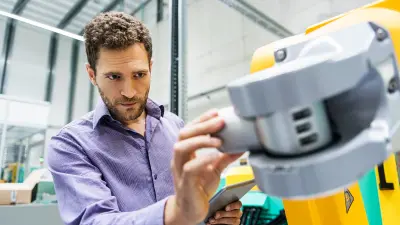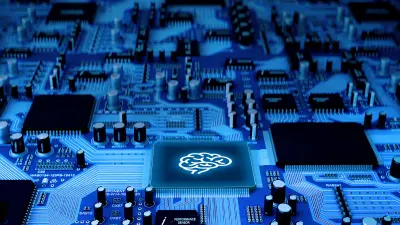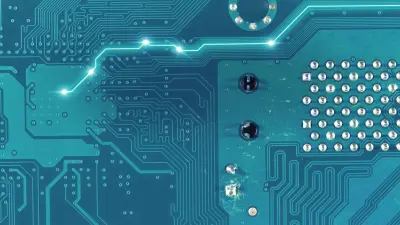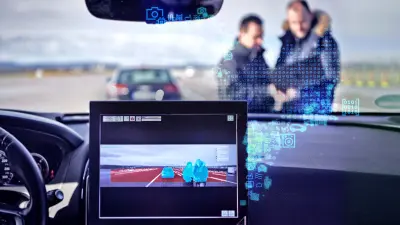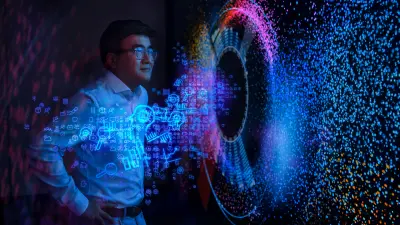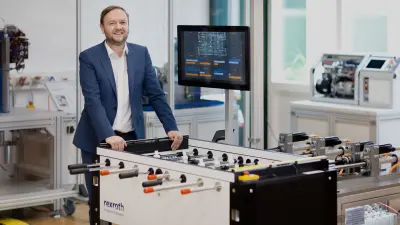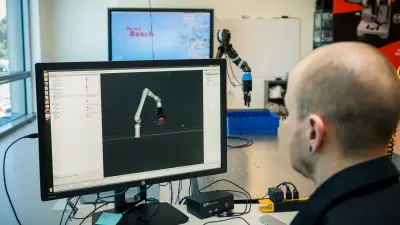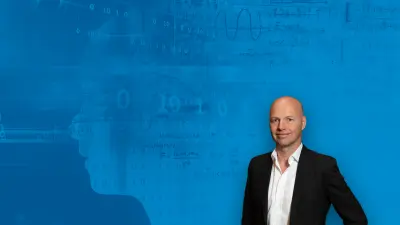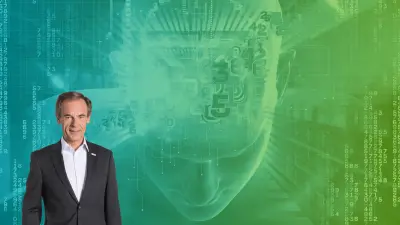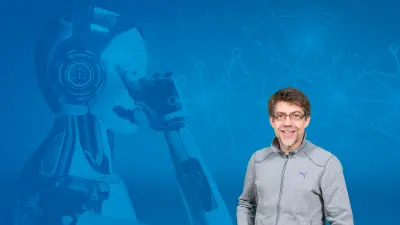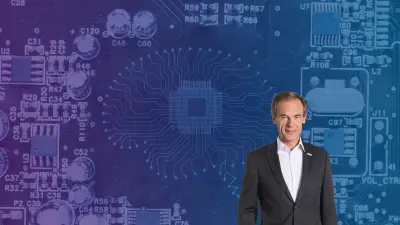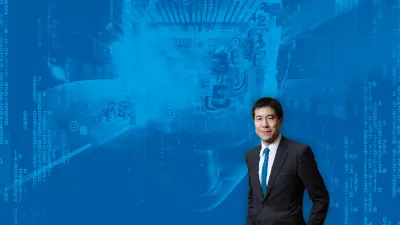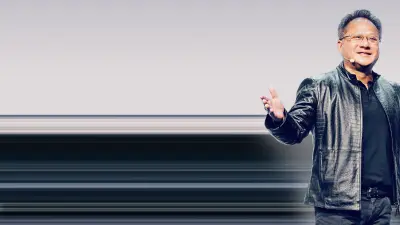Artificial intelligence
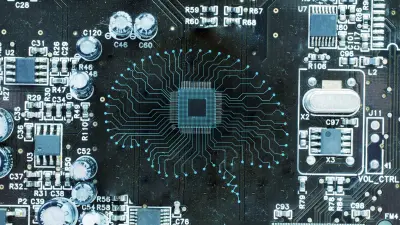
What is artificial intelligence?
Artificial intelligence (AI) involves using hyper-intelligent algorithms to enable machines to learn, understand, and act accordingly. Artificial intelligence is quickly becoming a partner to humanity. It influences our lives and work, creating possibilities long thought of as impossible. Autonomous vehicles, facial recognition, medical diagnostics, human-like robots, digital assistants – we encounter artificial intelligence almost everywhere, and its potential is enormous.
Since its beginnings in the mid-1950s, artificial intelligence has developed to such a great extent that experts now believe that two-thirds of all future technologies will utilize AI in some way. And the trend is just now coming into full swing. AI has developed more in the past five years than in the 50 years before that. According to CB Insights, investments in start-ups in the field of artificial intelligence increased tenfold between 2012 and 2016 alone.
AI will change our everyday lives. But what will those changes look like? What are our opportunities? Where do possible risks lie? How will we live tomorrow? You can find the answers to these questions in this column on artificial intelligence.
AI facts
Megatrend
According to PWC, AI will increase the global GDP by 14 percent by 2030, contributing 15.7 trillion U.S. dollars. For 72 percent of all business leaders, this clearly makes AI a ‘competitive business advantage.’ Gero Nießen, Director at the advisory Willis Towers Watson, refers to artificial intelligence as “the largest economic transformation the world has ever seen.”
Milestones
In 1997, the computer Deep Blue won a chess match against world champion Garry Kasparow. It was a huge breakthrough for artificial intelligence in competition with human opponents. Further notable wins would follow, such as at the game Scrabble and even on the television show Jeopardy! The definitive victory for AI was winning a match of what experts consider to be the most complicated board game: Go. The computer AlphaGo defeated one of the world’s best Go players in 2016.
The future of work
Experts consider the fear that millions of jobs will be lost to artificial intelligence to be unfounded. Fewer than five percent of jobs, for example, are defined in a way that makes them able to be completely automated, according to Michael Chui, a partner in McKinsey’s research division. However, the focus of many jobs is shifting. “There are things that machines can’t do as well as humans, such as interacting with other people and doing creative work,” says Chui.
